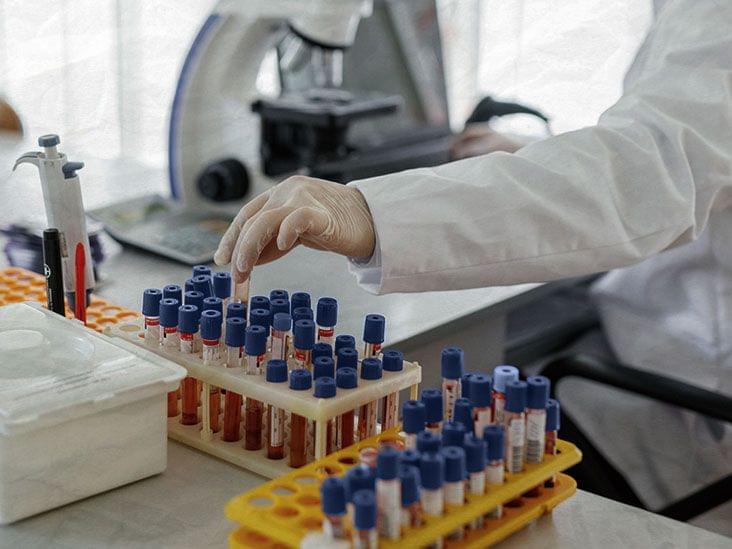The prospects of whole brain emulation.
Shared with Dropbox.
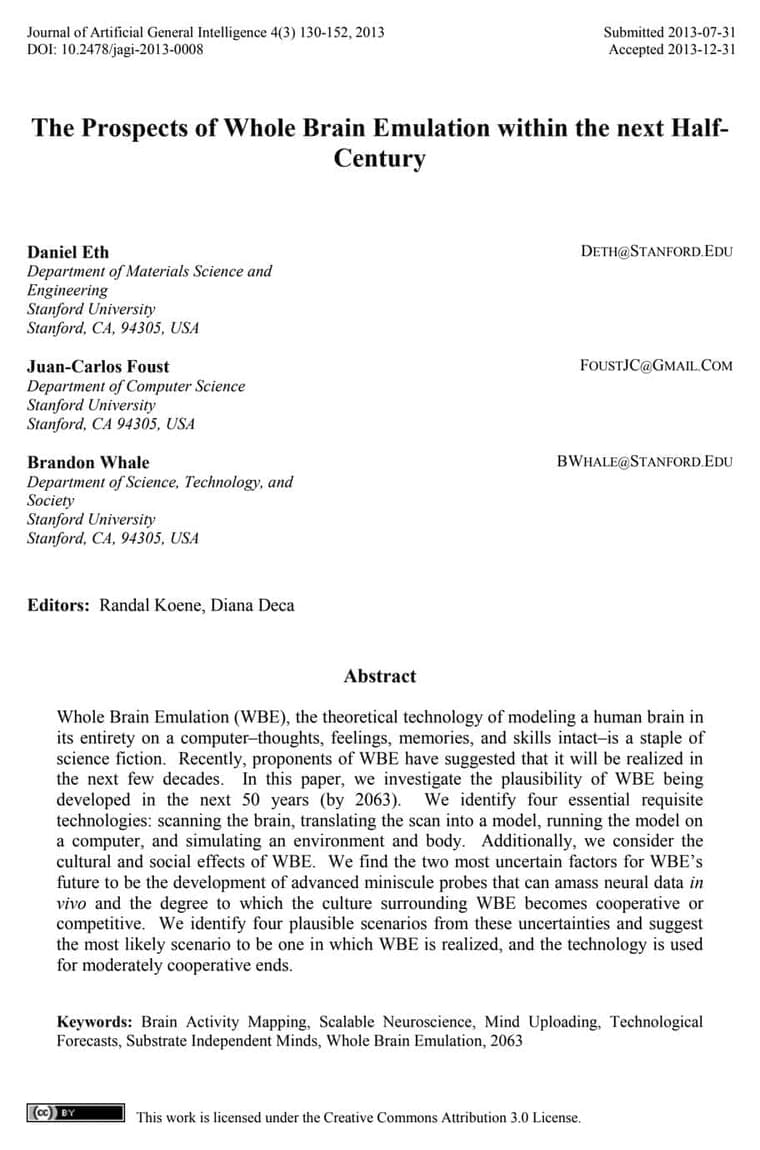
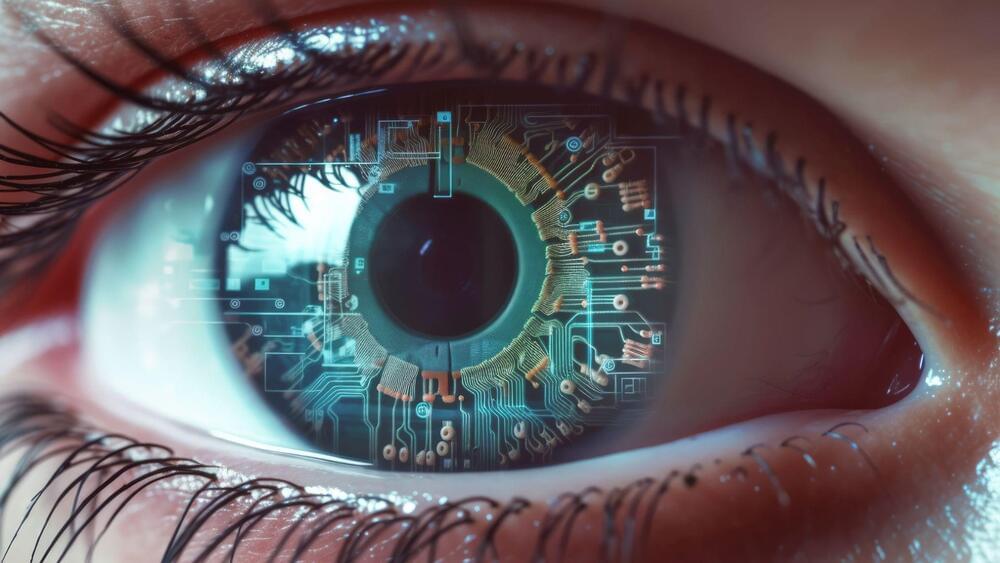
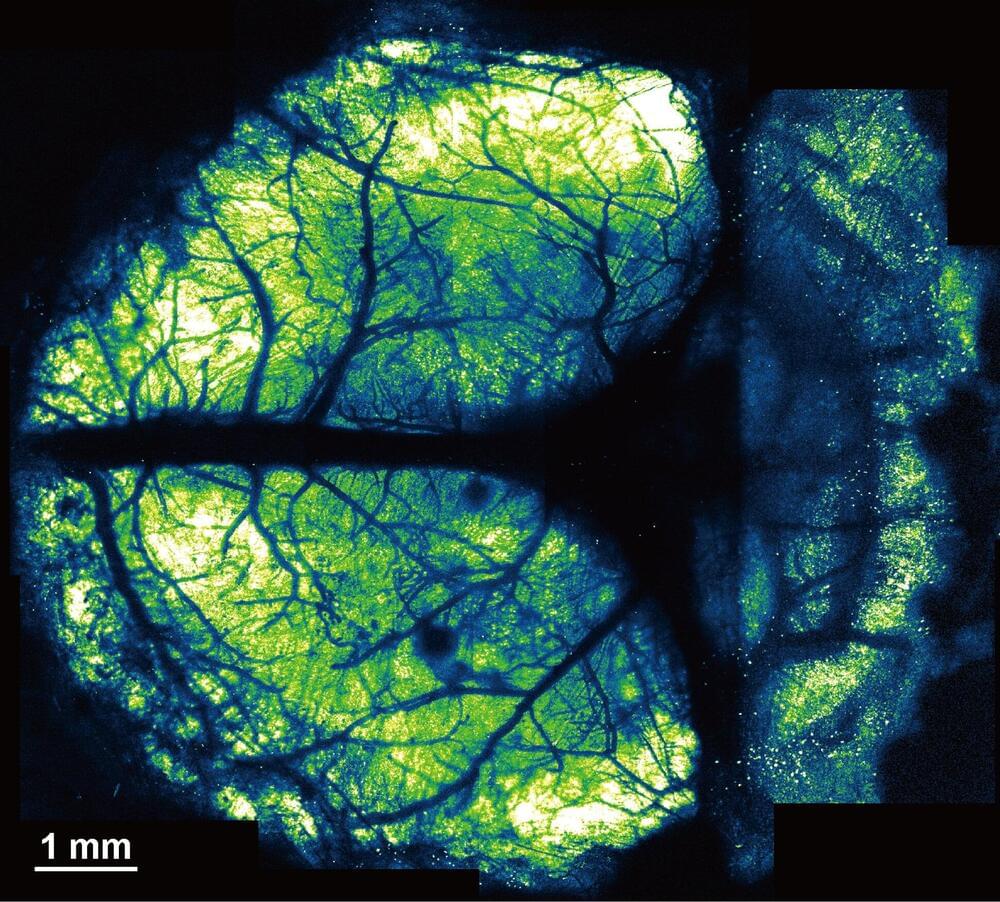
The human brain has billions of neurons. Working together, they enable higher-order brain functions such as cognition and complex behaviors. To study these higher-order brain functions, it is important to understand how neural activity is coordinated across various brain regions.
Although techniques such as functional magnetic resonance imaging (fMRI) are able to provide insights into brain activity, they can show only so much information for a given time and area. Two-photon microscopy involving the use of cranial windows is a powerful tool for producing high-resolution images, but conventional cranial windows are small, making it difficult to study distant brain regions at the same time.
Now, a team of researchers led by the Exploratory Research Center on Life and Living Systems (ExCELLS) and the National Institute for Physiological Sciences (NIPS) have introduced a new method for in vivo brain imaging, enabling large-scale and long-term observation of neuronal structures and activities in awake mice.
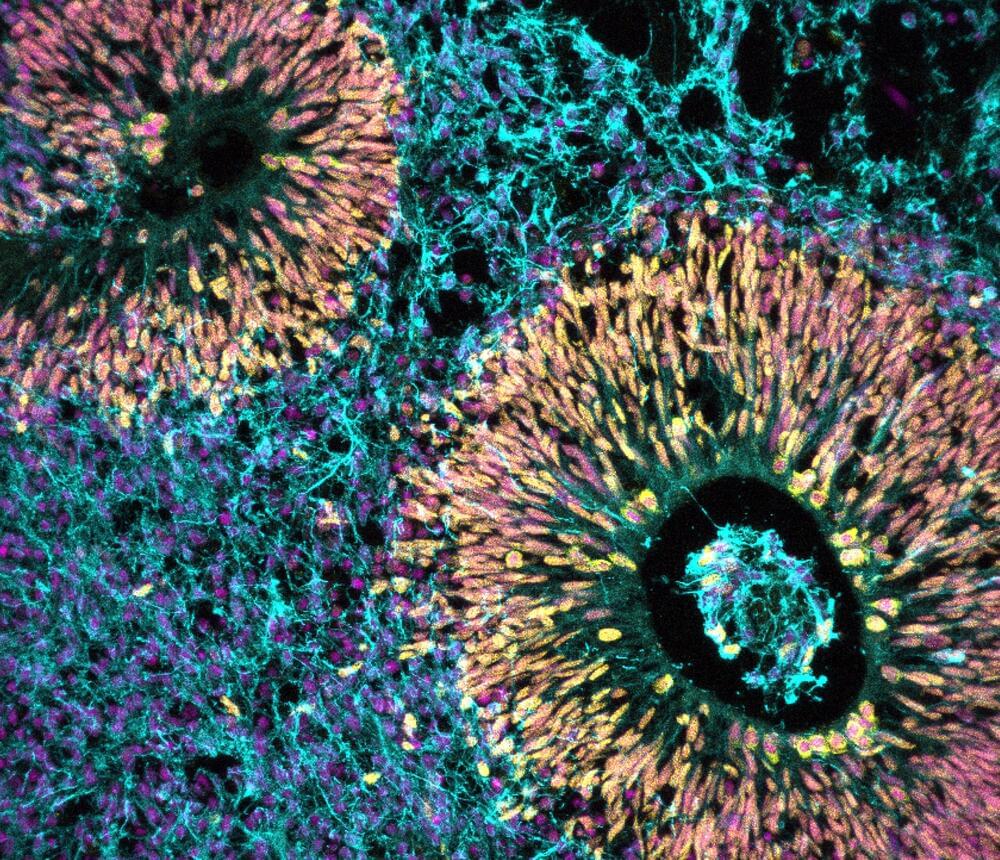
Researchers at the Max Planck Institute of Psychiatry have investigated how stress hormones affect the early development of brain cells in the cerebral cortex of the fetus. The cortex is the crucial area of the brain for thinking. The team was able to demonstrate causal links between stress hormones and altered brain structure, which relate to higher levels of educational attainment later in life.
The hormone group of glucocorticoids is crucial for the regulation of our metabolism and immune response, but also for the development of organs such as the brain and lungs before birth. The hormones are released in response to stress and can travel from the mother to the fetus. One of the best-known stress hormones is cortisol. Synthetic forms are prescribed, for example, in pregnancies at high risk for preterm delivery in order to help the maturation of the fetal lungs.
“We found that glucocorticoids, when present early in gestation in the first or early second trimester, increase the number of a particular type of brain cells that are formed very early in development (called basal progenitor cells)”, reports Anthi C. Krontira, who led the study published in Neuron. “These are cells that are important for the growth of the cerebral cortex.”
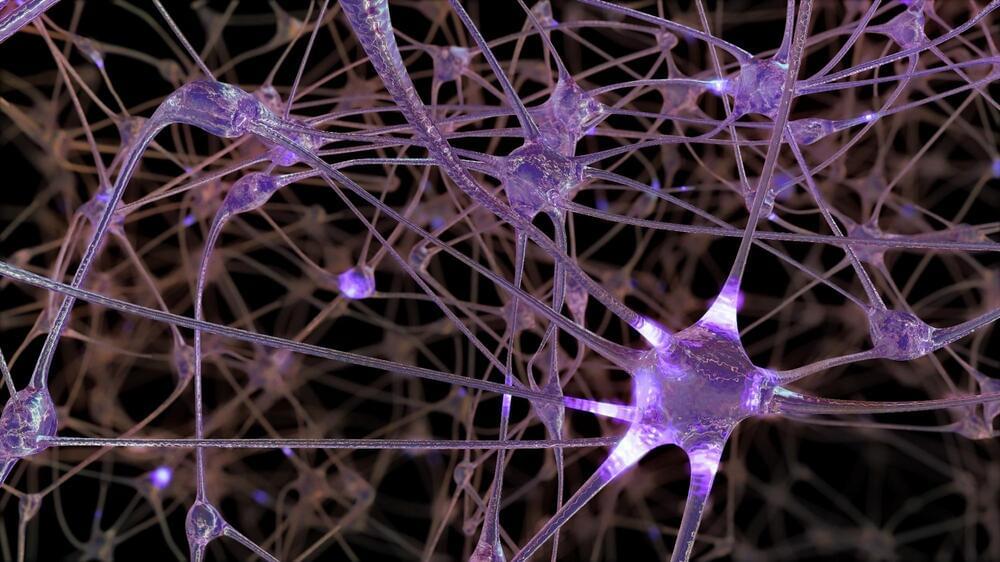
🧠🔬💡
A significant reduction of GABA and monoamine oxidase B (MOAB), the latter of which is an astrocytic enzyme that produces GABA, was also observed in Crym KO mice. These observations suggest that increased synaptic excitation from IOFC terminals leads to lower levels of tonic GABA, which causes reduced presynaptic inhibition.
Study significance
Crym-expressing astrocytes in the central striatum regulate the release of GABA from the IOFC into the central striatum. Importantly, the loss of this regulation can lead to perseveration, which involves the continuation or repetition of a response or activity, a phenotype that is often reported in OCD, autism, Tourette’s syndrome, and HD.
Scientists have revealed surprising parallels between aging and schizophrenia. There seem to be similar patterns of gene activity in the brains of people who are aging, and in those with schizophrenia. The same mechanisms may underlie the cognitive disruptions seen in older adults and people with schizophrenia. The findings have been reported in Nature.
In this work, the researchers analyzed gene expression at the single-cell level in post-mortem brain samples from 94 people with schizophrenia and 97 unaffected individuals. This gene activity was altered in two types of cells found in the brain, both neurons and astrocytes. In all, 1.2 million cells from were analyzed. This showed that in neurons, expression changed in genes that are associated with portions of synapses, the space where neurons meet and communicate; and in astrocytes, in genes that are related to synaptic function.
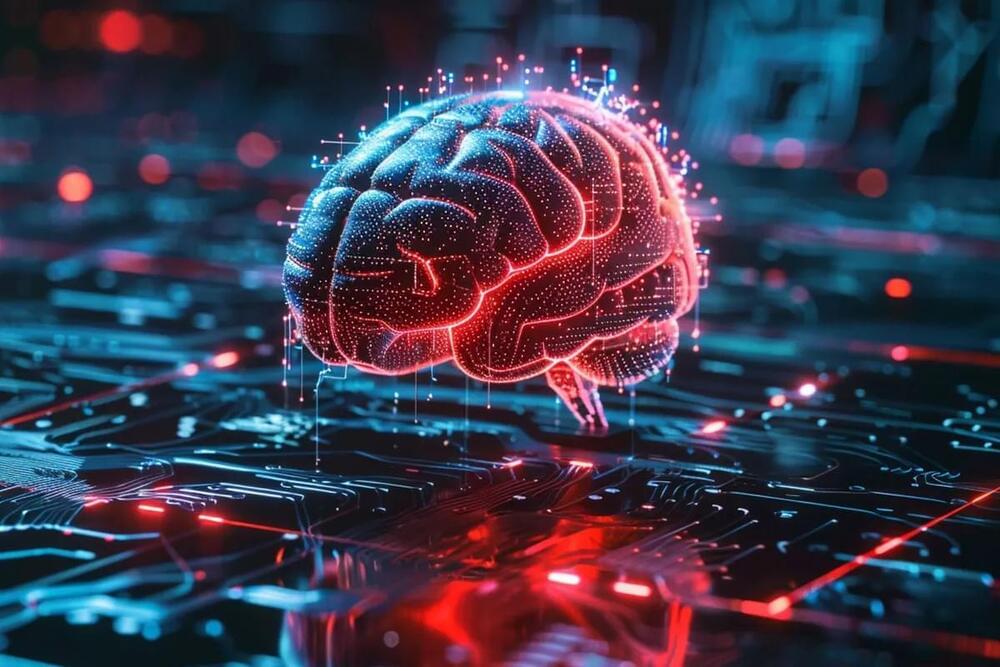
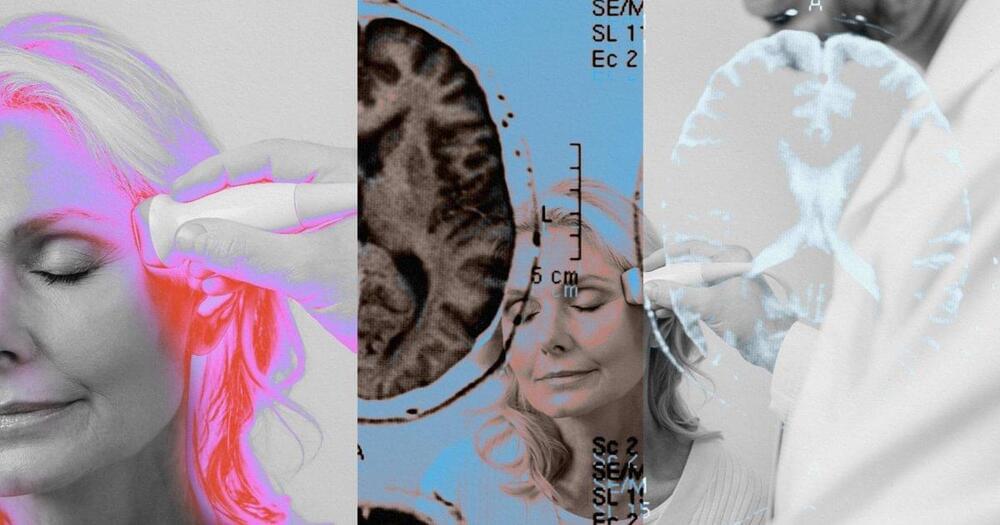
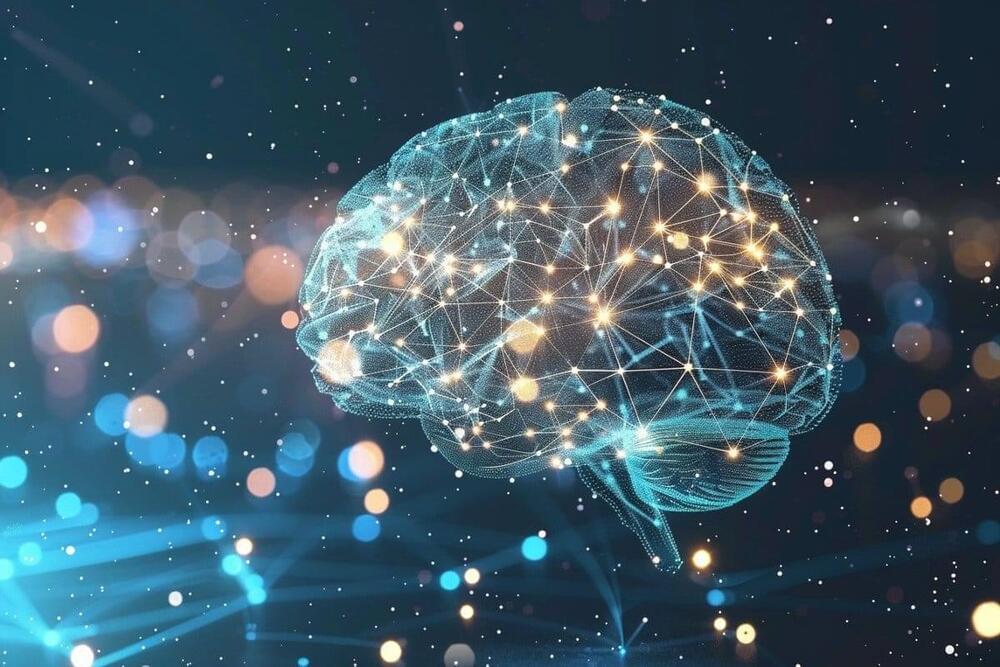
Summary: A recent study showcases a significant leap in the study of brain oscillations, particularly ripples, which are crucial for memory organization and are affected in disorders like epilepsy and Alzheimer’s. Researchers have developed a toolbox of AI models trained on rodent EEG data to automate and enhance the detection of these oscillations, proving their efficacy on data from non-human primates.
This breakthrough, stemming from a collaborative hackathon, offers over a hundred optimized machine learning models, including support vector machines and convolutional neural networks, freely available to the scientific community. This development opens new avenues in neurotechnology applications, especially in diagnosing and understanding neurological disorders.
